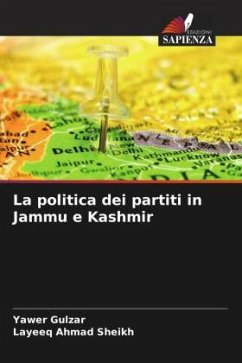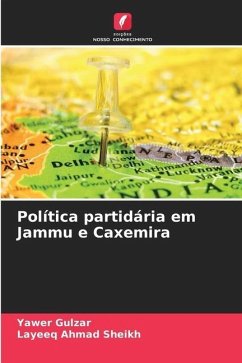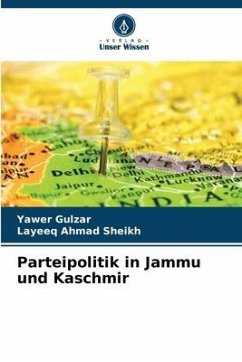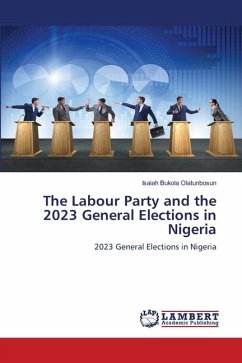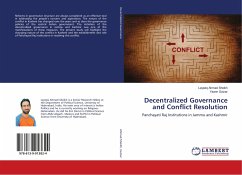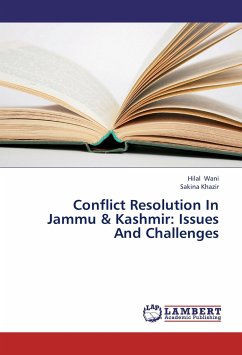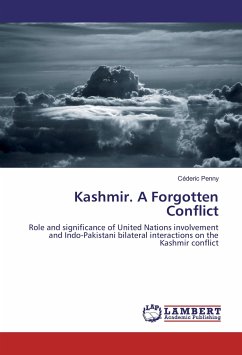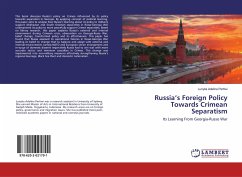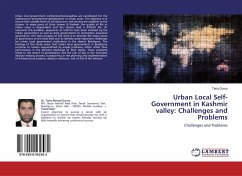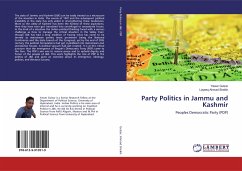
Party Politics in Jammu and Kashmir
Peoples Democratic Party (PDP)
Versandkostenfrei!
Versandfertig in 6-10 Tagen
51,99 €
inkl. MwSt.

PAYBACK Punkte
26 °P sammeln!
The state of Jammu and Kashmir (J&K) can be easily treated as a microcosm of the situation in India. The events of 1947 and the subsequent political instability in the state has only aided in strengthening these tendencies. More so the valley of Kashmir has been the hotbed of these aspirations. Here they have even got translated into centrifugal or secessionist forces. In this kind of a situation the Indian political thinking faced with a serious challenge as how to manage the critical situation in the Valley. Even though J&K has had a long tradition of having what has come to be termed as mai...
The state of Jammu and Kashmir (J&K) can be easily treated as a microcosm of the situation in India. The events of 1947 and the subsequent political instability in the state has only aided in strengthening these tendencies. More so the valley of Kashmir has been the hotbed of these aspirations. Here they have even got translated into centrifugal or secessionist forces. In this kind of a situation the Indian political thinking faced with a serious challenge as how to manage the critical situation in the Valley. Even though J&K has had a long tradition of having what has come to be termed as mainstream parties (most prominent being the National Conference and the state branch of the Congress), yet by the end of 20th century, the political formulations had got crystallized into mainstream and secessionist houses. A political vacuum had got created. It is at this critical juncture that the emergence of People's Democratic Party (PDP) came to the fore. The PDP's aim was to restore peace and to uphold dignity and honor of the people of J&K. This work highlights the role of PDP in the politics of J&K and gives an overview about its emergence, ideology, policies, and electoral success.



